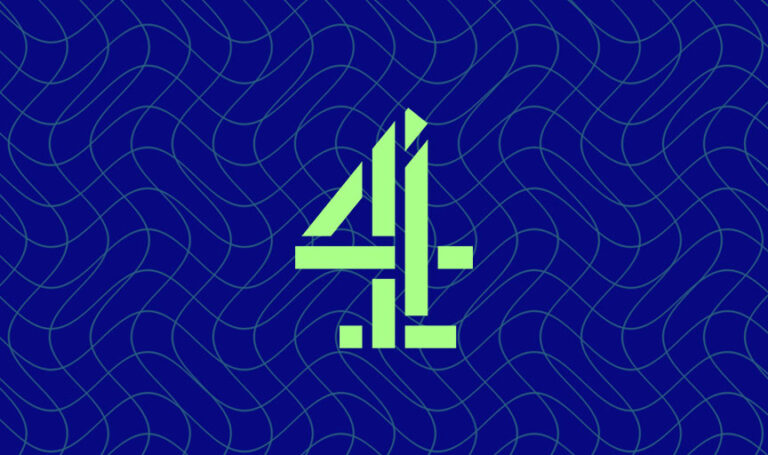Channel 4’s all-white board controversy is a clear sign that proper diversity in the media doesn’t exist

In a recent development, Channel 4 finds itself at the centre of a diversity controversy, triggered after it blocked a woman of colour, former senior BBC executive Rozina Breen, from its board without giving a reason. This incident has sparked debates on transparency, representation, and inclusivity in the media industry, raising crucial questions about the decision-making process and the commitment to diversity within Channel 4.
According to The Guardian, Breen, who went through a comprehensive six-month recruitment process with the Office of Communications (Ofcom), claims that her appointment was vetoed by the Department for Culture, Media and Sport (DCMS). The subsequent appointments made by Ofcom, which added five new non-executive directors to Channel 4’s board, were all white—intensifying already ongoing concerns about the lack of diversity at the broadcaster. This also comes at a time when the UK government has expressed a commitment to fostering inclusivity. Yet, as is the unfortunate truth, reality diverges significantly from our expectations.
While it’s Ofcom that is officially tasked with the crucial role of pinpointing, evaluating, and appointing non-executive directors for Channel 4, the ultimate decision lies in the hands of the culture secretary, Lucy Frazer. Following Breen’s rejection, Channel 4’s chair, Sir Ian Cheshire, voiced his concerns about how the selection was unrepresentative of the broadcaster’s diversity targets.
And just like that, Channel 4, which is undergoing transformations amid a protracted advertising downturn and shifting viewer habits, is facing additional challenges as it grapples with job cuts. The diversity dilemma now takes centre stage as questions arise about the composition of the board and the organisation’s commitment to inclusivity.
Breen’s critique of the appointment process resonates with broader discussions on the representation of women of colour in leadership roles within the media industry. She continued that women of colour must “jump higher, run faster, work harder, to fit in.”
Breen’s rejection also puts a spotlight on the stark reality that women of colour encounter multiple barriers in the media sector that white women do not. Breen’s call for more diverse senior decision-makers in broadcasting is not just a plea to meet internal targets, it reflects broader societal expectations for genuine inclusivity in leadership roles.
This isn’t the first instance where Channel 4 has come under scrutiny for its lack of diversity and inclusion. In 2002, a coalition of Black and Asian television producers, known as the Black and Asian Film & TV Producers Alliance, took legal action against the broadcaster, as reported by The Guardian. The group alleged that they received persistent discrimination, claiming that Channel 4 has consistently favoured larger, white-owned entities over production companies owned by individuals from ethnic minorities. This alleged bias, they argued, effectively sidelined an entire generation of filmmakers from diverse backgrounds.
In a conversation with TalkTV, Spiked’s Online Editor Tom Slater warned against a “bean counting mindset” and suggested a focus on class representation as an alternative approach. Slater argued that a more class-representative industry naturally fosters ethnic diversity, highlighting the interconnectedness of various forms of diversity and stating: “If you look at the media, if you look at places like the BBC, if you look at the arts in general, working-class people who are if anything less represented in the recent past. It’s been colonised by Oxbridge and Russell Group graduates.”
“The more class representative an industry is, also the more naturally diverse it is, because the working class is disproportionately ethnically diverse as well. That’s one area where we definitely have gone backwards,” Slater continued.
As Channel 4 navigates its transformation amid financial challenges and shifting viewer dynamics, the diversity debate becomes a critical aspect of its organisational narrative. The media industry stands at a crossroads, where decisions regarding leadership composition have far-reaching implications for both internal dynamics and public perception. It’s a harsh reality of an old script where diversity seems more like a box to tick than a genuine commitment.
The rejection of Breen is not just a personnel decision, it’s a symbol of a systemic flaw that thrives on homogeneity while championing the illusion of diversity.





